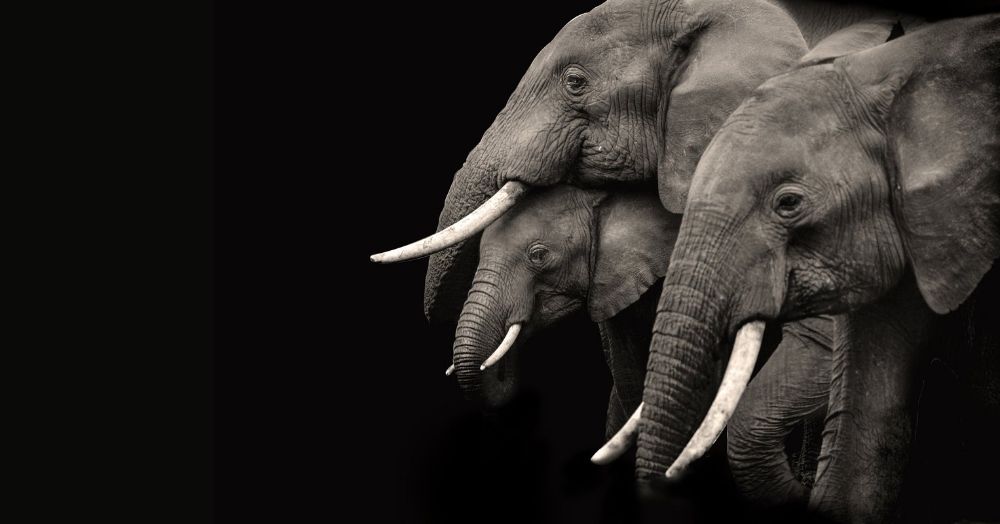
Friday 18th February 2022 - Cara Bentham

We take a look at the new government legislation due to come into effect.
A near-total ban on the trade of ivory was promised by the UK government several years ago; enforcement of this UK Ivory Act will begin this spring. The UK government laid out a statutory instrument on 3rd February, which sets out the provision for the operation of exemptions under the Act.
On 24th February, a new digital service is launching. This system will allow collectors, dealers, and auctioneers to register and certify exempt ivory items they wish to sell. You can find full details of the new UK Ivory Act regulations on the government website.
The Ivory Act was given Royal Assent over three years ago, in December 2018. However, necessary legal and administrative changes, in addition to a legal challenge mounted by antiques dealers, delayed enforcement of the Act.
Once the Act is enforced, dealing in ivory items will be illegal in the UK. However, there are five narrow exemptions, and if an object meets one of these, it will require registration or an exemption certificate.
What is the purpose of the Ivory Act?
The UK Ivory Act aims to stop commercial activities involving ivory within the UK. It also restricts the import and export of ivory both to and from the UK for commercial purposes. The Act essentially places a near-total ban on dealing items made either entirely of or containing parts of elephant ivory.
The legislation aims to remove the financial value of ivory and send a clear message to the world that the UK does not consider ivory to be an acceptable commodity. The strict ban is intended to encourage other nations to follow suit.
The Ivory Act aims to reduce the flow of ivory to overseas markets from the UK. It is hoped it will also reduce the opportunity for people to launder new ivory through illegal markets.
The ivory ban was deemed necessary on conservation and animal welfare grounds. While the Act currently applies to elephant ivory, there has been discussion around extending it to protect other animals, including hippos, walruses and whales.
Exemptions on the ivory ban
There are five exemptions under the Ivory Act, and these are:
• Items created before 1918 that are considered to have outstanding artistic, cultural or historical value
• Items created prior to 1947 which contain less than 10% ivory by volume
• Pre-1918 portrait miniatures with a surface area not exceeding 320sq cm
• Musical instruments created before 1975 which contain less than 20% ivory by volume
• Sales to and hire agreements with qualifying museums
Who is responsible for checking registrations and applications for exemption?
The Animal and Plant Health Agency (APHA) is responsible for checking applications and registrations. Alongside the Department for Environment, Food and Rural Affairs (Defra), the APHA will work with owners and traders to ensure they remain compliant with the ivory ban.
What is the penalty for breaching the ivory ban?
Those breaking the new laws on the sale of items containing ivory in the UK will face harsh penalties. The maximum penalty for a breach of the ban is an unlimited fine, five years imprisonment or both.